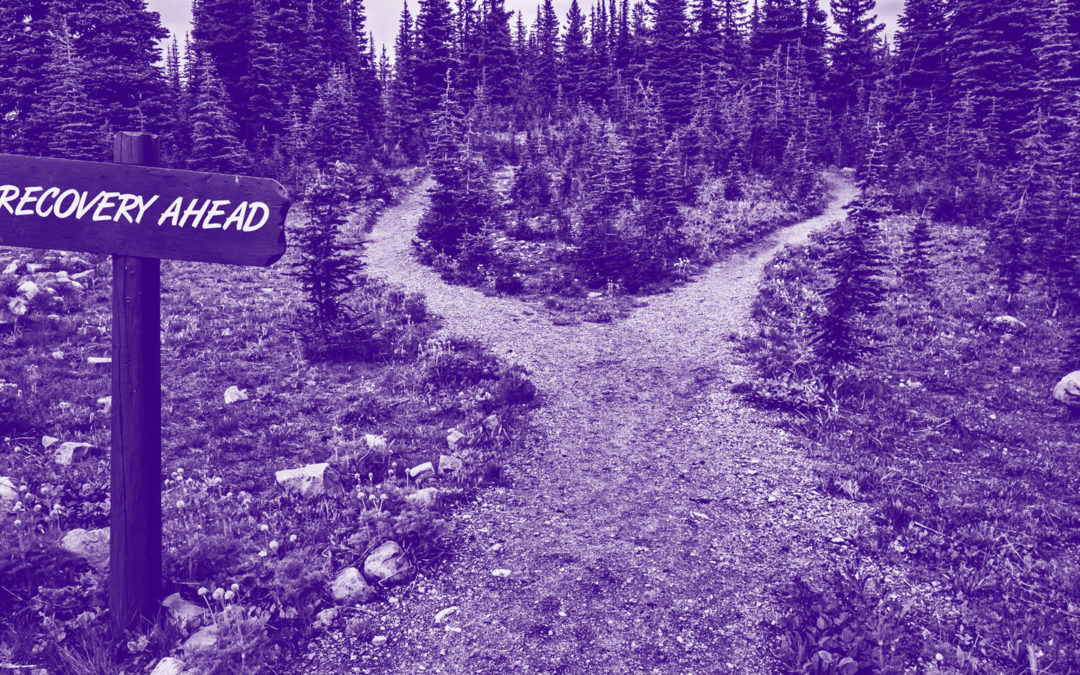Getting Well – Multiple Pathways to Recovery
The opioid epidemic has caused intense debate and media scrutiny around the topic of drug and alcohol addiction, not all of it positive. Many still question whether addiction is a disease.
Having been in recovery and studying addiction for the past 50 years, I can tell you with absolute certainty what the AMA and Surgeon General already have – drug and alcohol addiction is a brain disease, and it is chronic.
By Shayne Sundholm, CEO Clean Recovery Centers
Many opinions
There is also debate on what treatment works and what doesn’t. People in recovery and outside it have many different opinions and views. Some advocate 12 step programs, while others are very critical of it. Some advocate medically assisted treatment, while others view it in a very dim light. I could go on and on – Addictions Victorious, Alcoholics for Christ, Buddhist Recovery Network, JACDPSO, Celebrate Recovery, Recovery Coaching and more.
Greater understanding
Today we have a much better scientific understanding of what happens in the mind of an addict, both when suffering and as they grow in recovery. When a person thinks in a healthy manner, numerous areas of the brain are accessed, and we make reasonably sound decisions.
When a person is in the depths of their addiction, the brain becomes literally scrambled and high jacked by the disease. A person suffering from addiction cannot access the areas of the brain required to think rationally.
Respect the various opinions
There are often many similarities between the different pathways to recovery. Most aim to halt the destructive thinking and manner of living of the suffering addict and replace it with healthy thinking and living skills.
Unfortunately, many people choose to look at the differences. We are now in a National State of Emergency. The time has come to look at the similarities and try our utmost to respect each other’s opinions.
Thousands of people are dying. There is no time to debate whether one pathway to recovery is better than another, whether it be AA, NA, CA, Celebrate Recovery, SMART therapy, medically assisted therapy or through the church.
Coming together on AIDS
The AIDS epidemic was largely resolved by people coming together and removing unhealthy stigma. It is my hope and prayer that the same thing can soon happen with addiction.
At Clean Recovery, we use a holistic, very deep clinical program (Eastern and Western techniques). This includes a 12 step process and a multi-faceted wellness program, all within a recovery oriented system of care model.
We ensure that clients have access to phone numbers, email and personal contacts for ongoing medical services, legal services, educational services and housing. In short, we provide longer term support and motivation for the person in recovery. Approximately two-thirds of those who complete our program remain sober.


